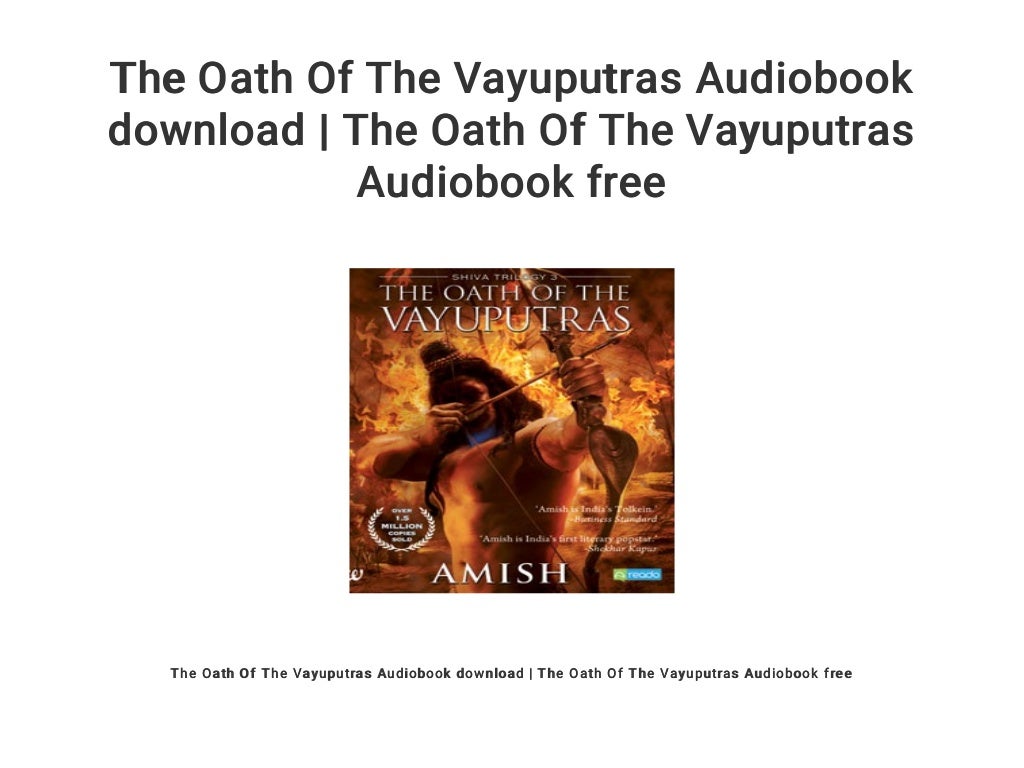

Ultimately, what was most disappointing about this book (I had put it down for two days and completely forgot it pick it up again, I was that unenthusiastic) was the terrible ending. Which should sound perfectly fine - history is rife with brave, wise men like this. In this book, we find him as a superior warrior, defeating even the likes of Ganesh leading vicious, bloody battles ending in victories preaching and counseling even wise men like Maharishi Brighu. Let's talk about Kartik, Shiva and Sati's son, a bit here. The bad thing is, Amish tries to explain it away with a feeble "everything happened exactly the way it should because the universe conspired it so". The good thing is, Amish has Shiva think like the readers and question the credibility of this whole shebang. His Uncle had given him some drink when Shiva was a kid (which Shiva conveniently remembered just now) that would ensure that his throat would turn blue when he drank the Somras, which would happen only if he drank it at the right time (Was his uncle psychic?) and that "Evil" would be recognised, or something would be accepted as "Evil", ONLY when Shiva decided it so (Does this mean, he could have pointed at a rock on the ground and declared it "Evil" and people would have accepted it blindly?!) Apparently, it was all planned from the beginning that Shiva was going to be the Neelkanth. It was declared "Evil" only when Shiva came to the conclusion (THIS was out of nowhere) that Somras was "Evil".ĭon't even get me started on the contrivances in this book. It wasn't declared "Evil" out of nowhere. I know right? Ooooh, an elixir that gives you immortality and perfect health! SO EVIL!!!!Ī vague and half-assed explanation was given about how that though the Somras is beneficial to some, it can cause side-effects among others (Nagas, Brangas) and so, even though it started out as "Good", it has now (out of nowhere) been declared as "Evil" and must be destroyed. Only, turns out "Evil" is not a person, or even persons, but, in fact, is the Somras. It is safe to assume by the end of it, I was nursing murderous feelings towards the author/editor)

Instead of the story being about Shiva and his ultimate, glorious triumph over evil, we were being told that, suddenly, the balance between "Good" and "Evil" had been destroyed and that Shiva must rise to the occasion quickly and remove "Evil" and restore "Good" (All this was told over 50 or so pages with the words "Good" and "Evil" being thrown in my face about 20 times per page. Simple, yes? Throughout the first two books, we were given the impression that evil, in the form of some not-so-nice people, was lurking in the shadows, ever-growing, ever-menacing, threatening to disrupt life as they knew it,and it must be stopped at all cost.Īs soon as I started the book, I knew something was wrong. The writing was good, the plot was good it had purpose - "Evil" had risen in Meluha, Shiva had to stop it. After the first two books, I had high hopes.


 0 kommentar(er)
0 kommentar(er)
